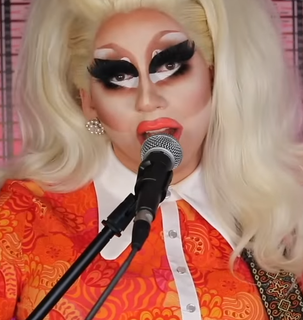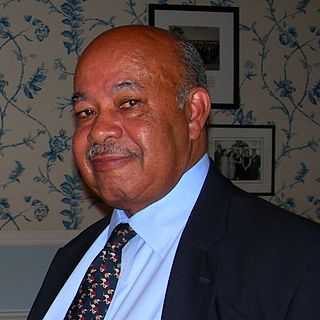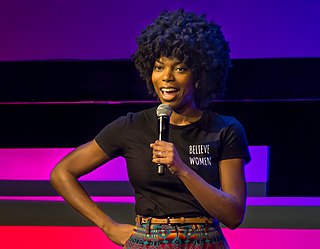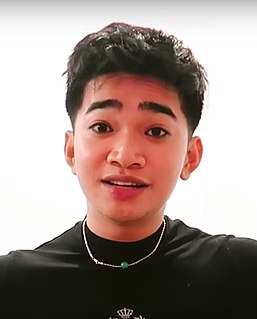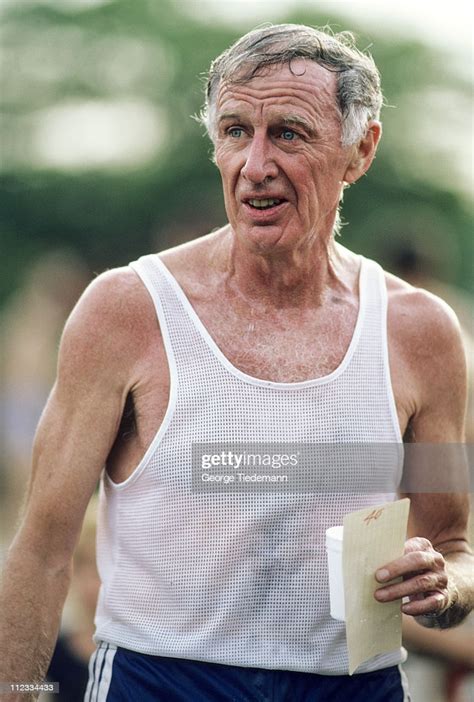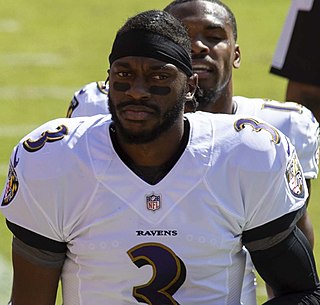A Quote by Bob the Drag Queen
We talk race relations, gender politics, about what's actually happening here in America... Winning 'Drag Race,' has allowed me to amplify that.
Related Quotes
If I have learned one thing from life, it is that race is the engine that drives the political Left. When all else fails, that segment of America goes to the default position of using race to achieve its objectives. In the courtrooms, on college campuses, and, most especially, in our politics, race is a central theme. Where it does not naturally rise to the surface, there are those who will manufacture and amplify it.
I have compromised down the line. I've disliked it intensely in the old days when you were trying to talk race relations and they would not allow you to talk about the legitimacies of race relations. In the old days, you didn't talk about black, you talked about Eskimo or American Indian, and the American Indian was assumed not to be a problem area.
The fact that you couldn't see Alfred Hitchcock's first film The Mountain Eagle, or that you couldn't see so many of F.W. Murnau's masterpieces, or that you couldn't see so many of Oscar Micheaux's really intriguing race melodramas, made with fierce independent spirit against all odds in '20s and '30s America. That stuff haunted me. They really did bring to life a sense of 20th Century history: cultural history, pop history, gender politics and race politics, socio economic history, all that stuff. It was bracing and instructive.
No matter how old I get, the race remains one of life's most rewarding experiences. My times become slower and slower, but the experience of the race is unchanged: each race a drama, each race a challenge, each race stretching me in one way or another, and each race telling me more about myself and others.

